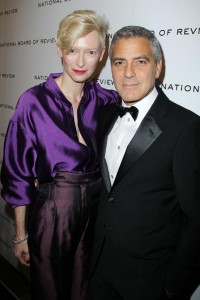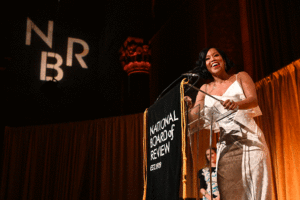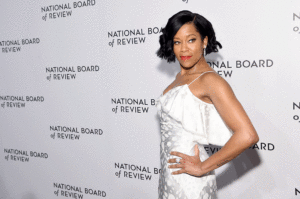Search Results for: Talk to Her
July 2018
Refuge – Directed by Federico Spiazzi
At a crossroad in Athens, people of different nationalities, including locals, refugees and tourists come together. Only for a moment.
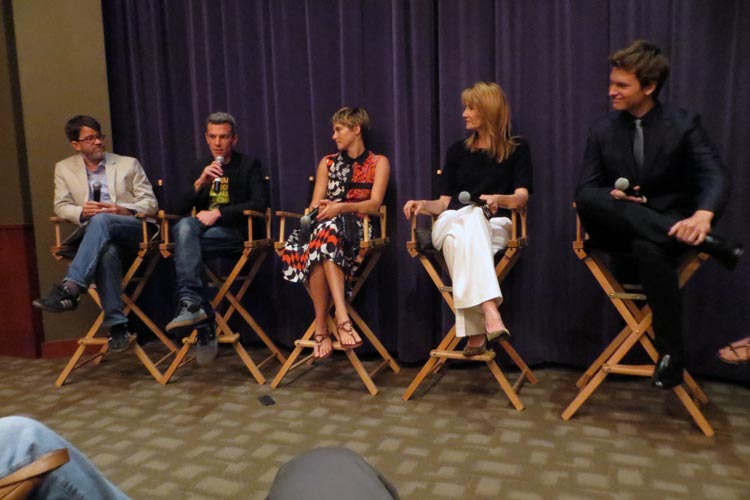
June 2014
Q&A with Wyck Godfrey, Josh Boone, Shailene Woodley, Laura Dern, Ansel Elgort
This movie is based on a beloved book by John Green. Has he seen the film and how does he feel about it?
Godfrey: He saw it very early on and was involved in the production, and loved it, thank god. But I think he knew all along from the screenplay to the casting that we were putting together a team that loved the book as deeply as its fans and that we were going to pay honor to it in whatever way we could.
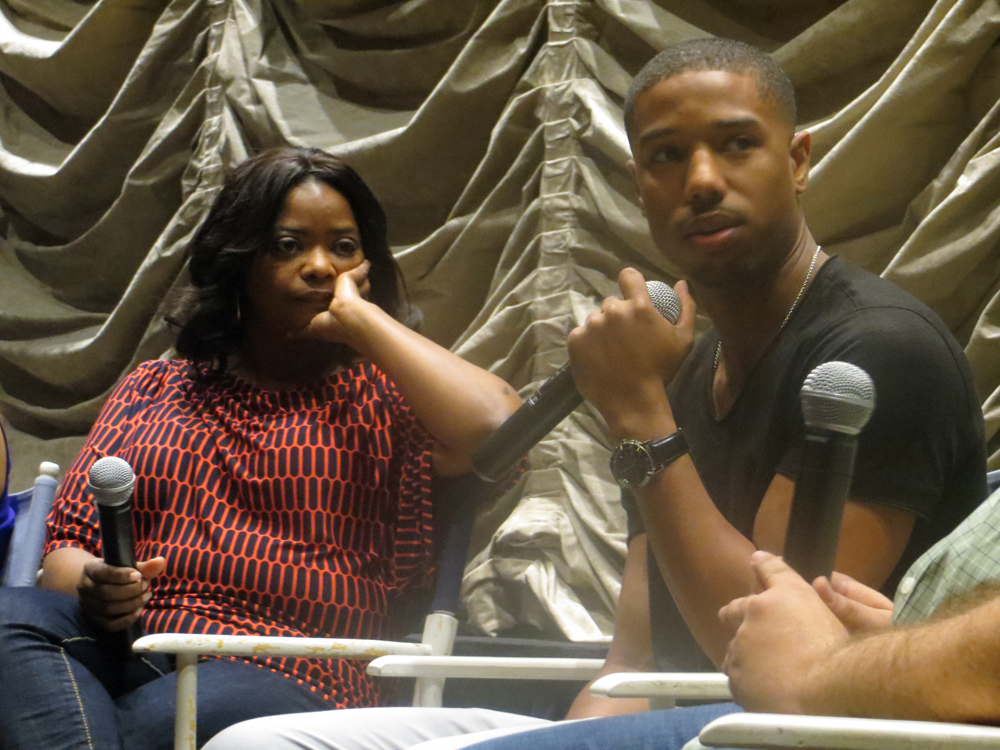
August 2013
Q&A with Writer/Director Ryan Coogler, Michael B. Jordan, Octavia Spencer, and Melonie Diaz
You all shot for a few nights on the actual BART platform where this tragedy took place. Can you talk about that experience?
Diaz: It was one of the most intense things. You can still feel the ghosts there, the presence of the pain and violence and fear and everything that went down that night. That day was special. We started off with a prayer. It was powerful.
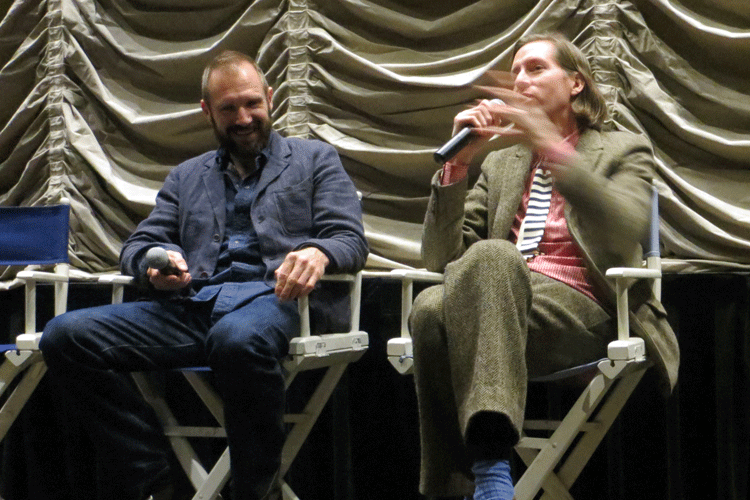
March 2014
Q&A with Wes Anderson, Ralph Fiennes, Tony Revolori
Talk about the inspiration for this piece.
Anderson: There’s this writer Stefan Zweig, who I had never heard of up until six or seven years ago. I read “Beware of Pity” – which I loved – and I thought about trying to adapt this book. But then I read more of his fiction and I kind of liked many of the pieces, and then his memoir, “The World of Yesterday,” ended up inspiring the whole setting of the movie. So I ultimately decided to do something Zweig-like, instead of adapting only one of them.
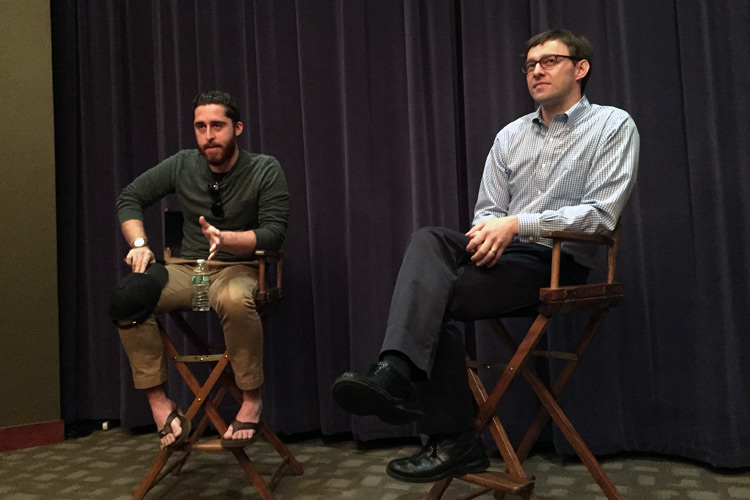
June 2017
Q&A with Trey Edward Shults
Can you describe your writing process for this film?
Trey Edward Shults: It started when I wrote this in 2014, and it comes from a personal place of having a rough relationship with my biological father who suffered with addiction.
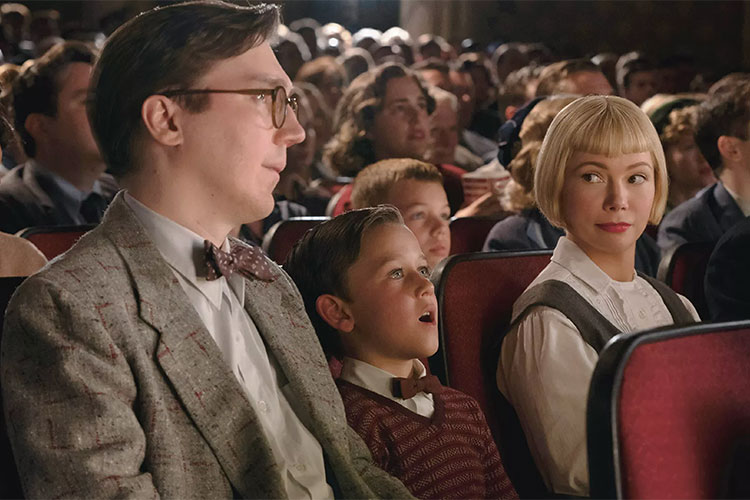
January 2023
Q&A with Tony Kusher, Michelle Williams, Paul Dano, and Gabriel LaBelle
Can you talk about the origins of this project?
Tony Kushner: Steven told me the story that’s the core of the movie on the first day of filming Munich, in 2005, in Malta.
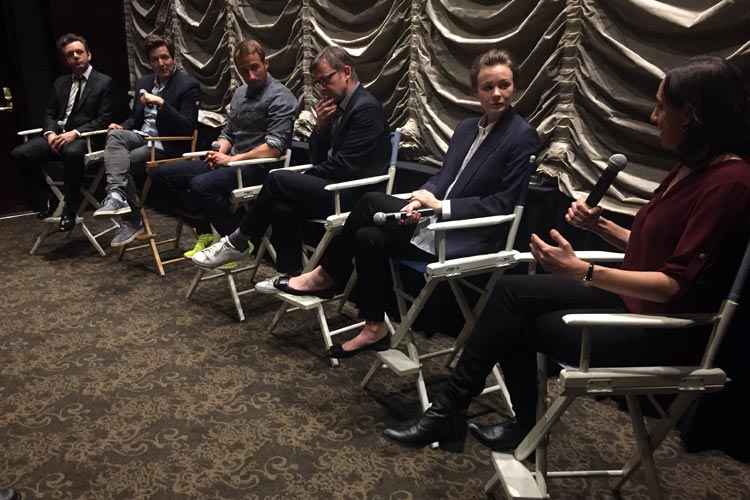
May 2015
Q&A with Thomas Vinterberg, Michael Sheen, David Nicholls, Matthias Schoenaerts, and Carey Mulligan
What made the story right for a modern day interpretation?
Nicholls: I think if you pitch the story – an independent woman has to choose between three different contrasting men while maintaining her independence – I think that would feel very modern and contemporary.
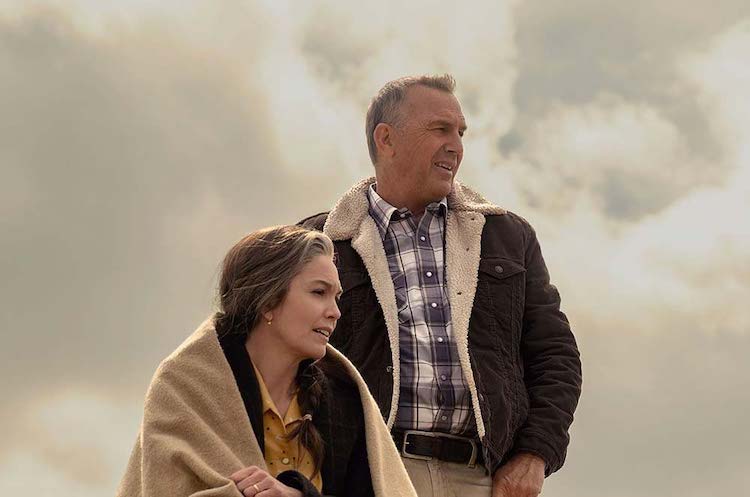
November 2020
Q&A with Thomas Bezucha
How did you find the book this film is based on, and what attracted you to adapting it?
Thomas Bezucha: The novel “Let Him Go” was written by Larry Watson, who I’ve been a fan of for well over twenty years.
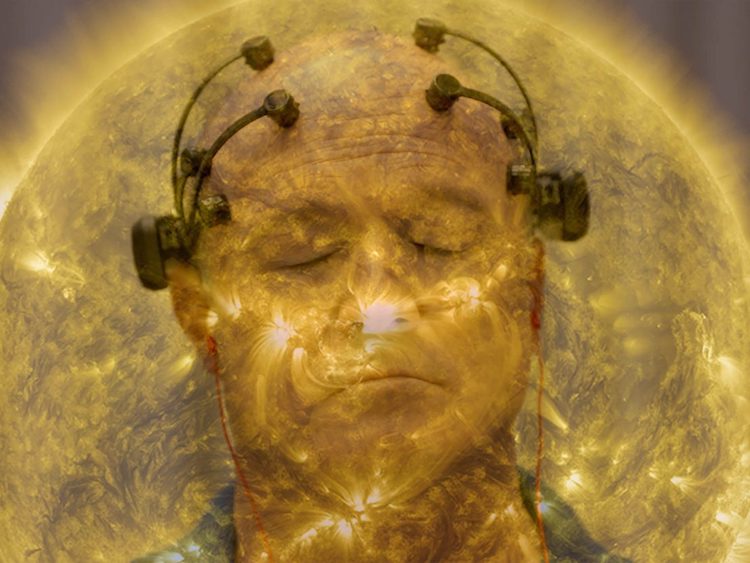
June 2021
Q&A with Theo Anthony
Can you talk about that decision, and how you thought about the various meta elements of the project?
Theo Anthony: That idea of accounting for the act of observation in observing is something that I’ve always been drawn to, as a big science nerd!
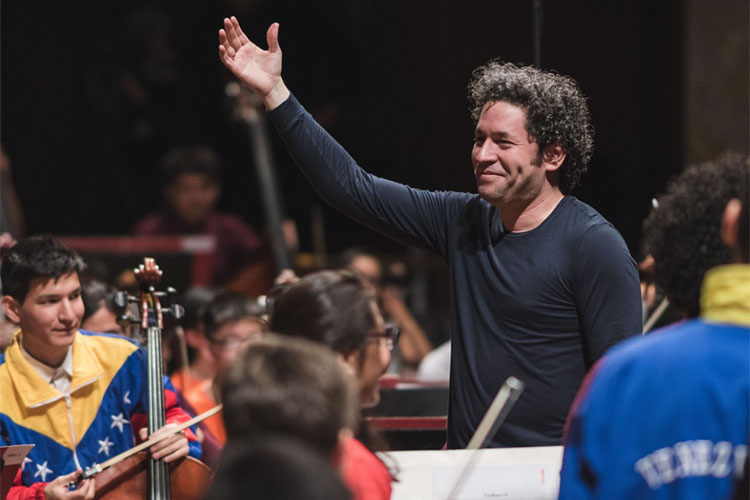
April 2022
Q&A with Ted Braun
What was your original artistic challenge when you were approached with this project? A profile of one person is quite different than your previous work.
Ted Braun: The previous films I’ve done, feature documentaries I’ve done (Betting on Zero, which looked at allegations of global economic criminality, and Darfur Now, which looked at allegations of massive, systemic violent crimes in Sudan) were, in different ways, ensemble stories about people trying to expose wrongdoing.
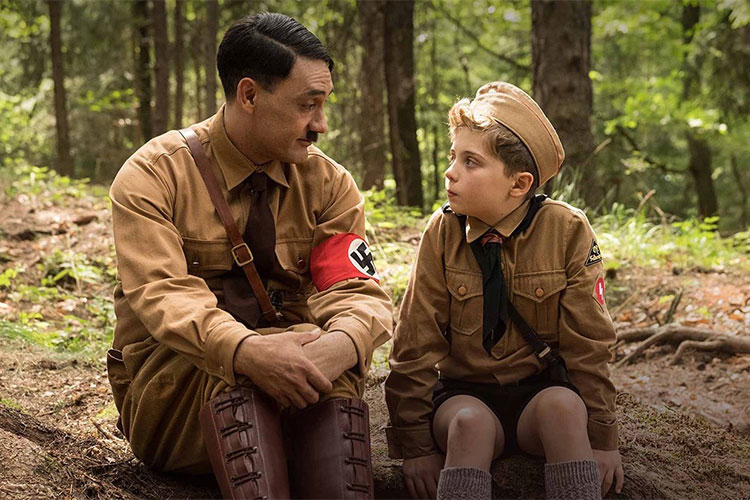
November 2019
Q&A with Taika Waititi and Thomasin McKenzie
The author of the book had a great line about your films: “Laughs are never free. There are always strings attached.” Can you speak about the humor in this film and its fine calibration, especially in its opening sequences?
Taika Waititi: I always thought that humor and comedy are very powerful tools and effective weapons against bullies and bigotry.
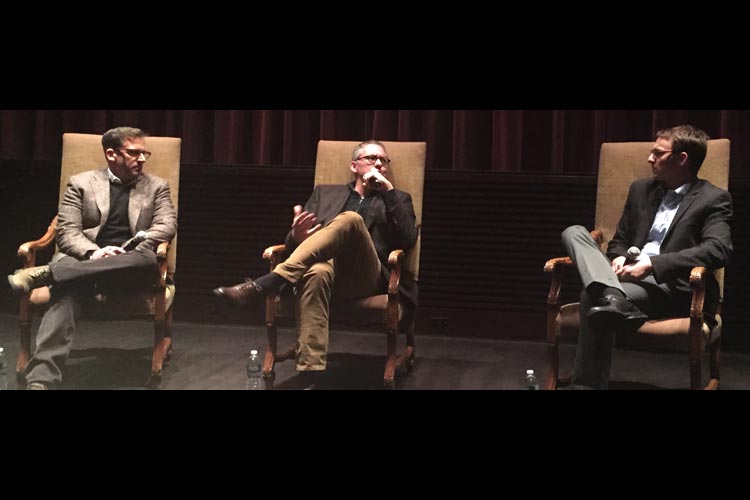
January 2016
Q&A with Steve Carell and Adam McKay
What drew you to this story?
Adam McKay: We had done a movie with Will Ferrell and Mark Wahlberg called The Other Guys, and the goal of that movie was to do a comedic parable of the collapse.

